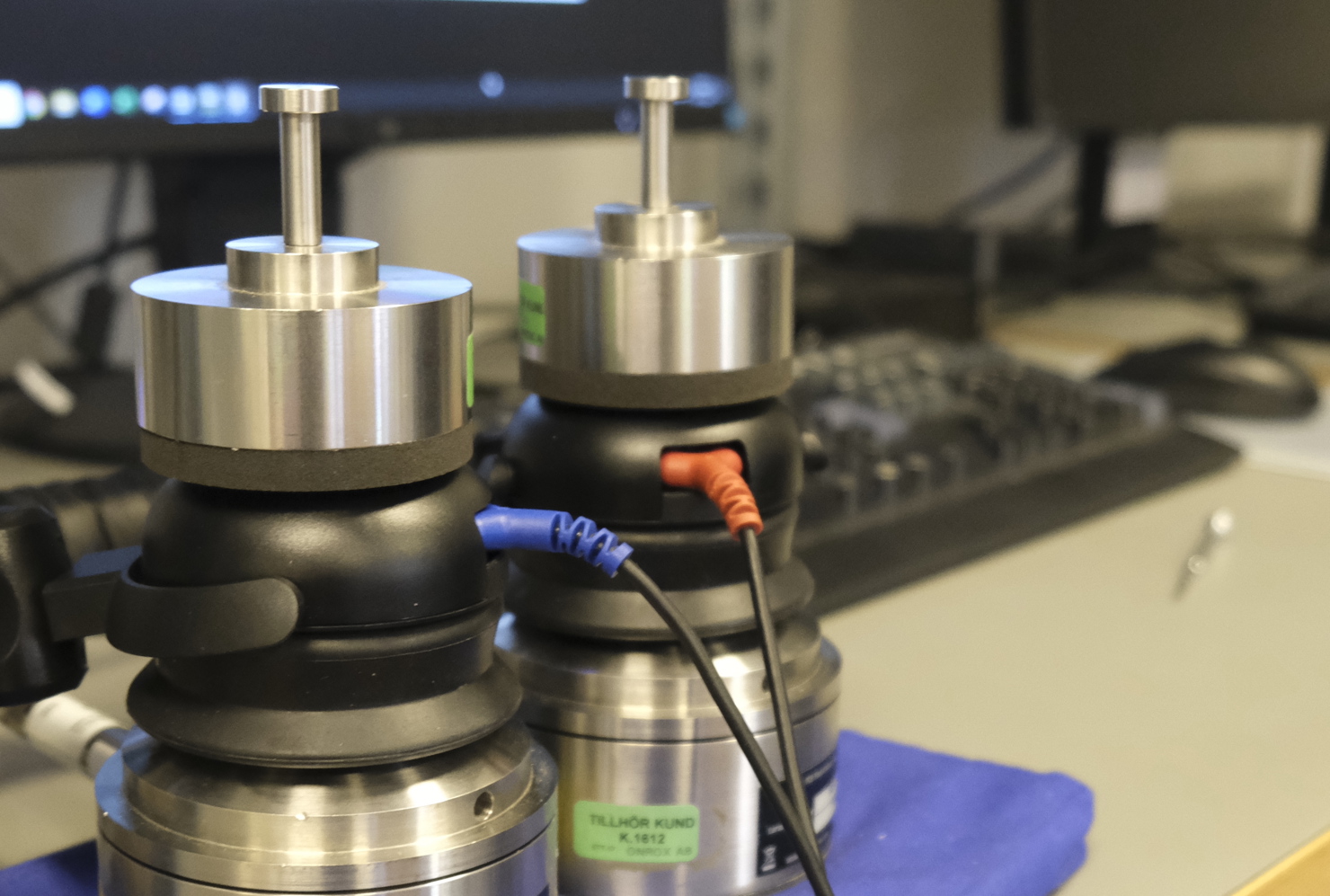
Audiometers, like other medical equipment, must be maintained regularly. Part of that maintenance is calibration of your hearing care equipment, which is the process of configuring audiometers to verify that they are performing accurately. It’s essential to have your audiology equipment calibrated on a regular basis (at least annually) to make sure your audiometers comply with strict industry standards, as well as the manufacturer’s specific guidelines. In some countries, audiometric calibration is even demanded by law.
Proper hearing equipment calibration helps ensure the accuracy of test results, allowing you to provide exceptional customer care, and reduce risks. In contrast, poorly maintained equipment may lead to inaccurate measurements and incorrect results, which could have significant legal and financial ramifications for your clinics.
A New Audiometer Calibration Procedure Makes Downtime a Thing Of The Past
Audiometric calibration is typically performed by a certified technician. This means downtime for your equipment and often long waiting times for the technician to arrive.
Auditdata does audiometric calibration services differently. We understand the importance of proper equipment calibration and stable operations and, therefore, we support our audiologists with our Auditdata SWAP service.
This new audiometric calibration procedure means that we ship calibrated transducers to your hearing clinics well in advance of the due date of the old ones. You plug in the new transducers, and you’re ready for your next client without any interruption. Then, you box your old equipment and return the expired transducers through the mail with no downtime at all. It’s truly that simple.
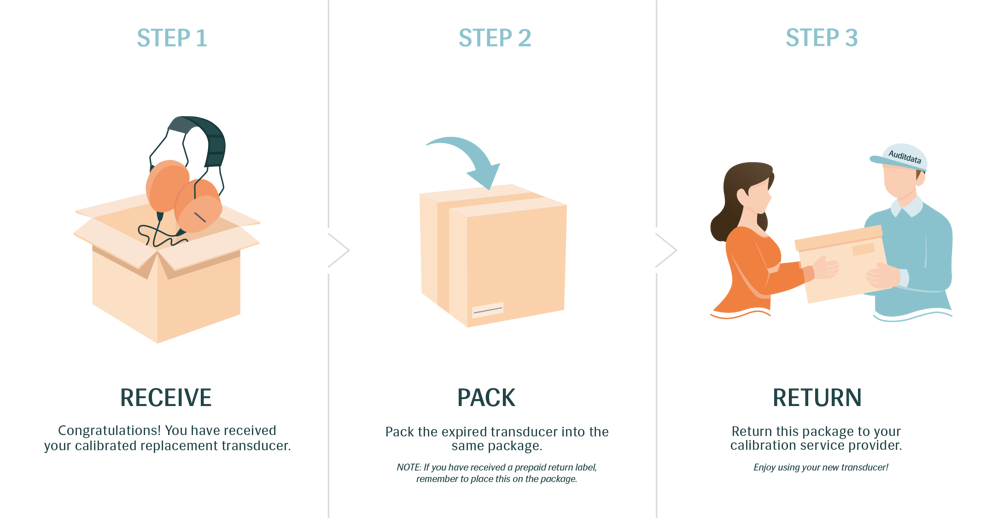
Our innovative system stores the calibration information in the transducer plug, which means all you need to do to get your system calibrated is plug in a new set of transducers or probes, with no hassle or downtime. And your 12-month activation date begins the day you activate the transducer in your Measure software.
The beauty of our system is that with Auditdata Asset Management cloud service, you can track all your transducers and their calibration status. Additionally, you can easily view and check transducer type, serial number, their location and IP location, latest calibration data and number of days until calibration. Keeping track of your transducers in the Auditdata cloud means that you can easily plan your calibration SWAP and be well-prepared for audits. The calibration certificate is stored in the cloud, which means no binders or paperwork are necessary to keep track of your calibration certificates.
Keep An Overview of All Your Transducers
With Auditdata Asset Management cloud service you can keep an overview of all your transducers and their calibration status. In the Asset Management cloud, you can view and check Transducer type, serial number, their location and IP location, latest calibration data and number of days until calibration. Keeping track of your transducers in the Auditdata cloud means that you can easily plan your calibration SWAP and be prepared for Audits.
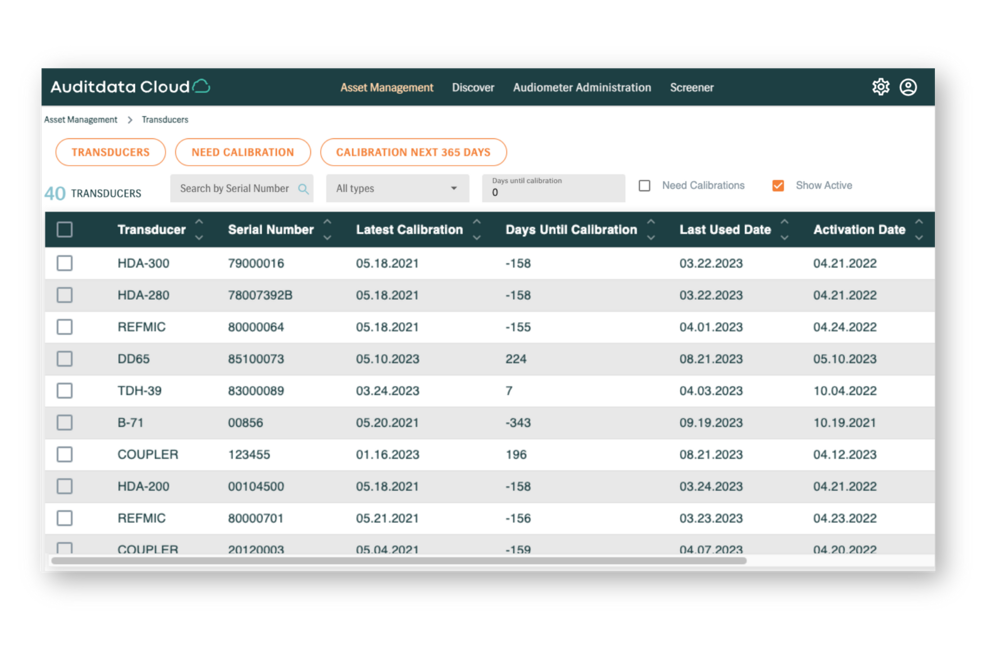
Other Blogs You Might Enjoy:

10 Essential Tools Every Modern Hearing Care Practice Needs
As audiology hearing clinic owners work to differentiate their businesses through superior customer experience and service offerings, it’s critical to have the best tools.
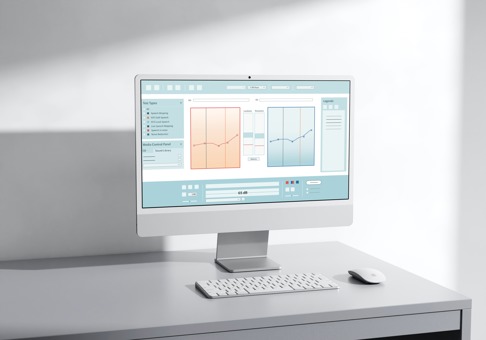
How To Use Clinical Workflows To Improve Efficiency, Quality and Customer Satisfaction
Proper audiological treatment increases purchasing rates. But how do you ensure that all your staff-members follow the same processes and how do you measure what a good clinical process is? Measurable clinical workflows is the solution. You can introduce these to your staff, and when automating them, they are easy to change, track and optimize.
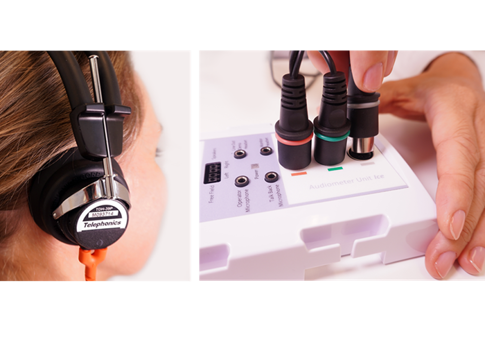
What Are The Most Common Types Of Hearing Test?
Hearing tests are the entryway to effective hearing health treatment. They form the foundation for audiologists to start managing their patients’ specific needs and for patients to better understand the steps that will be taken to improve their hearing. While there are many different varieties of hearing tests being performed today, many of them focused on specific symptoms and kinds of hearing loss, the following are some of the common tests that any audiometry specialist will perform on a regular basis.
Don't Miss Out On the Latest Insights On Audiology
Sign up today to receive exciting updates, tips, and the latest newsletters from Auditdata.